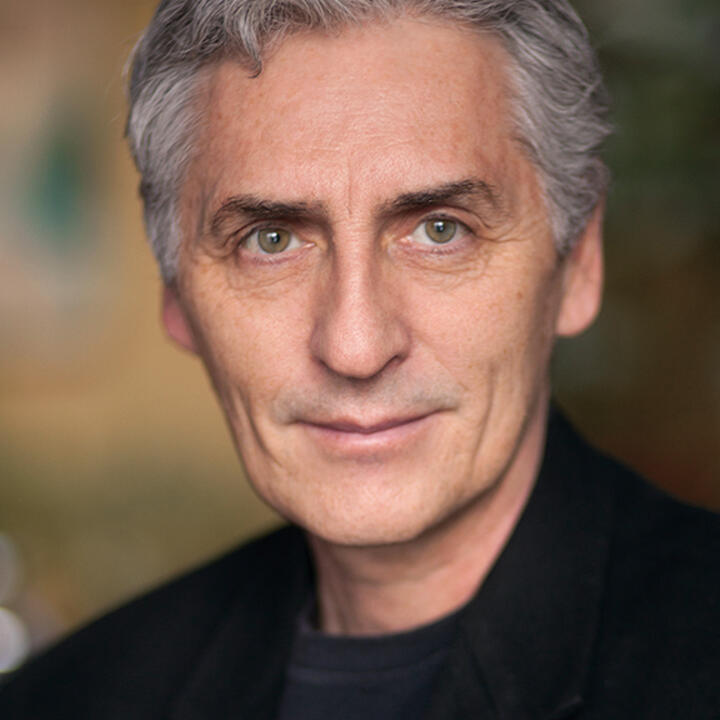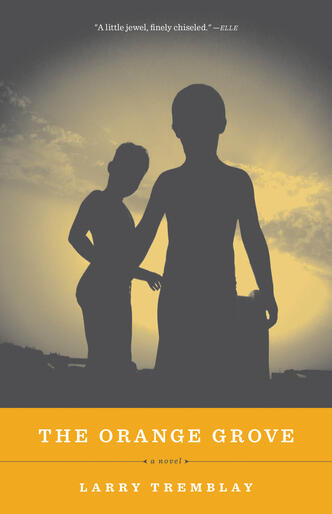Larry Tremblay is a writer, director, actor, and Kathakali specialist. He is the author of thirty books, including The Orange Grove and two previous novels, The Bicycle Eater and The Obese Christ; one short story collection, Piercing; and numerous volumes of poetry. A three-time finalist for the Governor General’s Award and a finalist for numerous other international prizes, he is also the author of more than twenty plays, including The Dragonfly of Chicoutimi, The Ventriloquist, and War Cantata, which have been translated and produced in more than a dozen languages. Trembaly lives in Montreal.


